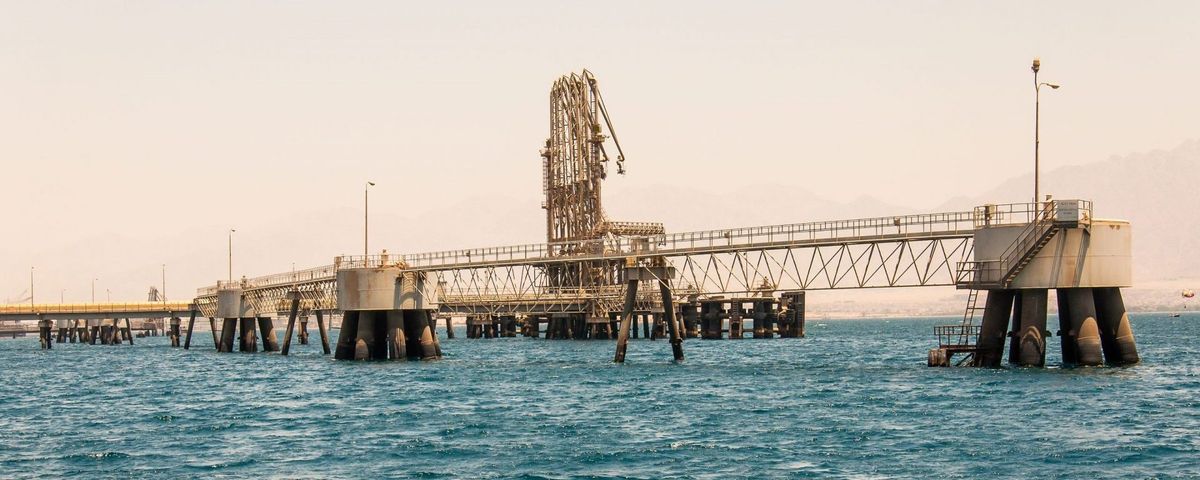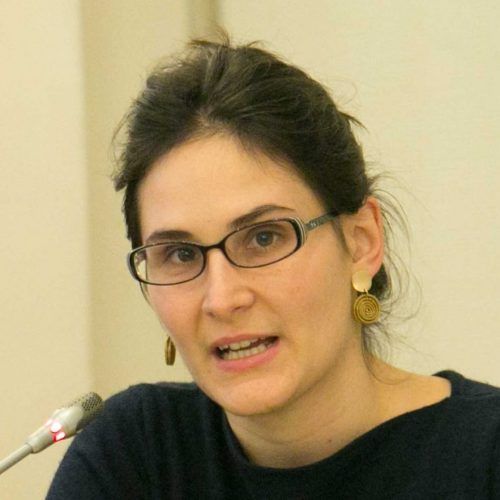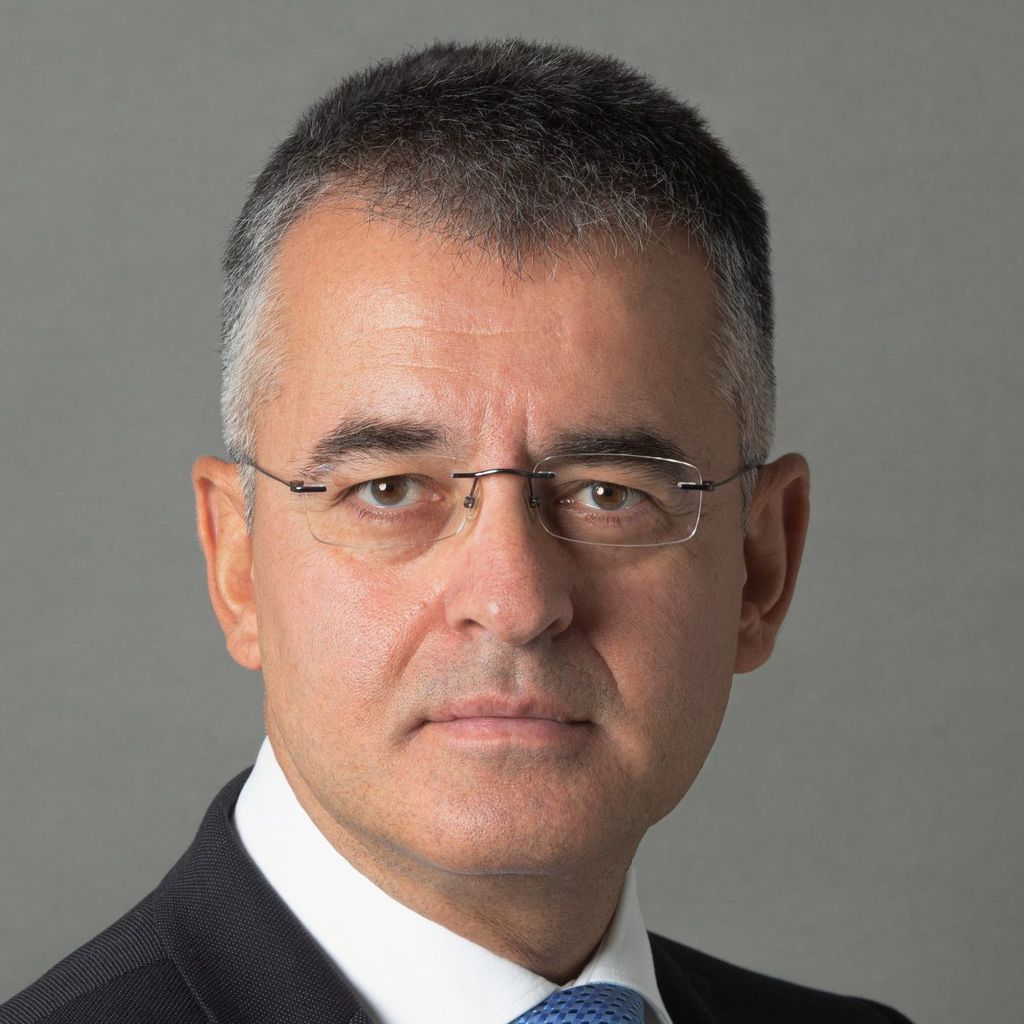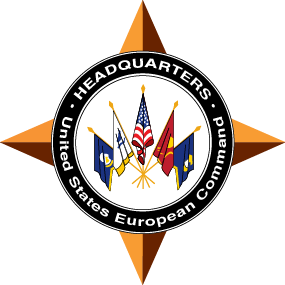
Summary
Energy security and broader security concerns in the Eastern Mediterranean region were discussed by two expert speakers during an event hosted by Friends of Europe against the backdrop of the ongoing Russian invasion of Ukraine.
The geopolitical role of the Eastern Mediterranean is one issue that risks becoming more important over the coming months because of the interconnections that exist between Ukraine, the Black Sea region and the wider Mediterranean, explained the first expert.
We need to have a clear map of what is going on, she asserted, but the coverage in Europe often does not account for these connections. This is a problem because there is a direct link between Crimea, the Bosporus, the Dardanelles and the Eastern Mediterranean.
Turkey has tried to communicate that there is a link between the Black Sea and the Mediterranean, and now Europeans need to look at the Ukraine crisis as part of a much longer-term set of wars and conflicts that involve regional and external players.
This could open up avenues for mediation and dialogue in the coming weeks and months, which is where Turkey has already expressed its desire to play a role.
Food security is one of the key risks, said the expert. Countries in the Eastern Mediterranean region are disproportionately dependent on cereal imports from Russia and Ukraine. Over 40% of Lebanon and Libya’s wheat comes from Ukraine, and Egypt is also heavily reliant.
Indeed, due to the war these imports are already being affected, so countries have had to turn elsewhere, and prices are already 10 times higher than they were 10 years ago.
Additionally, all our eyes are on the displacement of Ukrainians and the resulting migrant crisis, stated the expert, and this puts a considerable strain on both transit and recipient countries.
With reference to migration from other regions, the expert said that we “cannot discount the fact that migration will be affected by what is happening in Ukraine”.
The war is definitely a gamechanger for Europe’s security, said another expert.
Politicians are feeling the pressure from civil society on the migrant issue, and economists are trying to find ways out of the financial crisis.
“Energy experts are between a rock and a hard place,” he said, adding that it “took a month to show how fragile the world is”.
Vladimir Putin has managed what Western leaders failed to do, according to the speaker.
He has united European governments and enabled Europe to regain its geostrategic stability. The day before the event, ministers had approved the EU’s Strategic Compass, which takes the form of a “standalone decisive defence doctrine for Europe” and is “a cradle to a European army”.
“This will transfer Europe from being Russia’s hostage to being a self-standing entity,” stated the speaker.
The expert highlighted that 40% of energy used by EU member states comes from Russia.
Although this should not slow down the energy transition up to 2050, “at least the first half of this period cannot only be based on gas and nuclear”.
Currently Europe uses 400bcm of gas, and considering 40% comes from Russia, the Eastern Mediterranean is now “a pivotal factor for Europe’s energy security” where new gas sources appear to be prevalent.
Another expert mentioned how there have been many discussions about Europe’s strategic autonomy, but the steps taken so far “have been too modest – and not just on energy”.
According to her, the EU “hasn’t been able to follow up on nice documents”.
They can only move if they are united – but now they are.
About
The Eastern Mediterranean has undergone profound geopolitical change over the past decade. Sizable natural gas reserves have been discovered, opening the possibility to reduce Europe’s reliance on Russia and Iran for its energy needs. External actors have also become more interested – and involved – in the politics of the region. Russia, the United States, France, Italy, and China notably have various economic, security, and political stakes in the Eastern Mediterranean. In parallel, the devastation and terror caused by the rise of the so-called Islamic State created a humanitarian crisis that extends throughout the region. The instability that has extended from the Syrian war threatens human security and gender equality all over the Eastern Mediterranean.
Russia’s invasion of Ukraine will also affect geopolitics in the region. With the Russian invasion of Ukraine, the EU is more determined than ever to find alternative partners to import gas from. Turkey’s decision to close the Bosphorus and Dardanelles straits to warships will possibly have an impact on its relationship with Putin and, therefore, Russia’s involvement in the Eastern Mediterranean. Furthermore, Erdoğan is looking to reset relations with its neighbours with meaningful visits by his counterparts from Greece ad Israel and is looking to position Turkey as a relevant actor and broker of peace by holding negotiations at Antalya. As a result, profound mutations in the region’s foreign policy and networks of commercial, energy and security cooperation are to be expected.
The event is part of our Security briefing series. In each 60-minute session, members have a chance to put their questions to those who call the shots. Participation is by invitation only.
Related content
Our events include photos, audio and video recording that we might use for promotional purposes. By registering, you give your permission to use your image. Should you have any questions, please contact us.
PHOTO CREDIT: Bigstock
Schedule
Questions include:
- Can the EU broker a grand bargain in the Eastern Mediterranean on gas exploration and extraction?
- How have terrorism and migration transformed human security imperatives in the region, especially for women?
- What role can NATO and the EU play in providing security in the Eastern Mediterranean?
- What are Russian and Chinese interests in the Eastern Mediterranean and what is their impact on European security?
Speakers
Silvia Colombo
Senior Fellow in the Mediterranean, Middle East and Africa programme at Istituto Affari Internazionali (IAI)
Antonios Platias
Hellenic Brigadier General (Retired), Member of the Foreign Affairs Institute (FAINST) and the Institute of Energy for the South-East Europe (IENE), and former national defence policy director in the Hellenic Ministry of Defence
Moderator
Chris Kremidas-Courtney
Senior Advisor at Defend Democracy, Lecturer at the Institute for Security Governance and former Senior Fellow at Friends of Europe.
Speakers

Senior Fellow in the Mediterranean, Middle East and Africa programme at Istituto Affari Internazionali (IAI)
Silvia Colombo is an expert on Middle Eastern politics, whose work focuses on Euro-Mediterranean cooperation, transatlantic relations in the Mediterranean and domestic and regional politics in the Arab World. Her research interests also include the relations between the European Union and the countries of the Gulf Cooperation Council, as well as energy dynamics in the Euro-Mediterranean region. Colombo speaks Arabic fluently and has travelled extensively throughout the Middle Eastern region.

Hellenic Brigadier General (Retired), Member of the Foreign Affairs Institute (FAINST) and the Institute of Energy for the South-East Europe (IENE), and former national defence policy director in the Hellenic Ministry of Defence
Prior to his recent retirement, Antonios Platias served as the national defence policy director in the Hellenic Ministry of Defense, as well as head of the Bilateral Defence Cooperation Section and NATO-EU Affairs Office of the International Relations Directorate. He has served in several staff and commanding positions in the Hellenic Army and participated as head or member of national delegations in numerous high-level official meetings, both in Greece and abroad. His current areas of interest are hybrid threats, regional security and defence policy, geopolitics of energy and the energy transition, as well as the defence and security dimension of foreign affairs.

Senior Advisor at Defend Democracy, Lecturer at the Institute for Security Governance and former Senior Fellow at Friends of Europe.
Prior to joining the Institute for Security Governance (ISG), they served for 32 years in the US and NATO, most recently serving as the multilateral engagement coordinator for US European Command and director of training and exercises for the European Centre of Excellence for Countering Hybrid Threats (Hybrid CoE). A natural international community organiser, Chris organises comprehensive approach seminars for various NATO headquarters and has built regional communities of interest to address hybrid threats and enhance resilience in the Black Sea and Mediterranean regions and to reduce violence along the US-Mexico border.
Partners
Activities
From ambition to action: building Europe’s Defence Union
Past event In person

- Area of Expertise
- Peace, Security & Defence
EU-Western Balkans Summit: Enlargement matters – Europe’s new…
Next event

- Area of Expertise
- Peace, Security & Defence
Frontline Voices: renewing the women, peace and security agenda
Past event Online

- Area of Expertise
- Peace, Security & Defence
Frontline Voices: diagnosing the disconnect – The Women, Peace and…
Past event Online

- Area of Expertise
- Peace, Security & Defence
Policy Voices | Overcoming polarisation: defence in the time of distrust
- Category
- Podcast
- Area of Expertise
- Democracy
Policy Voices | A historic NATO summit raises defence spending target to 5%…
- Category
- Podcast
- Area of Expertise
- Peace, Security & Defence
Living in a perpetual state of emergency
- Category
- #CriticalThinking
- Author
- By Jamie Shea
Beyond sanctions: five strategic tools the EU must use to end the war in…
- Category
- #CriticalThinking
- Author
- By Liel Maghen

- Area of Expertise
- Peace, Security & Defence

- Area of Expertise
- Peace, Security & Defence

- Area of Expertise
- Peace, Security & Defence

- Area of Expertise
- Peace, Security & Defence
Continue
the debate on
- Debating Europe


